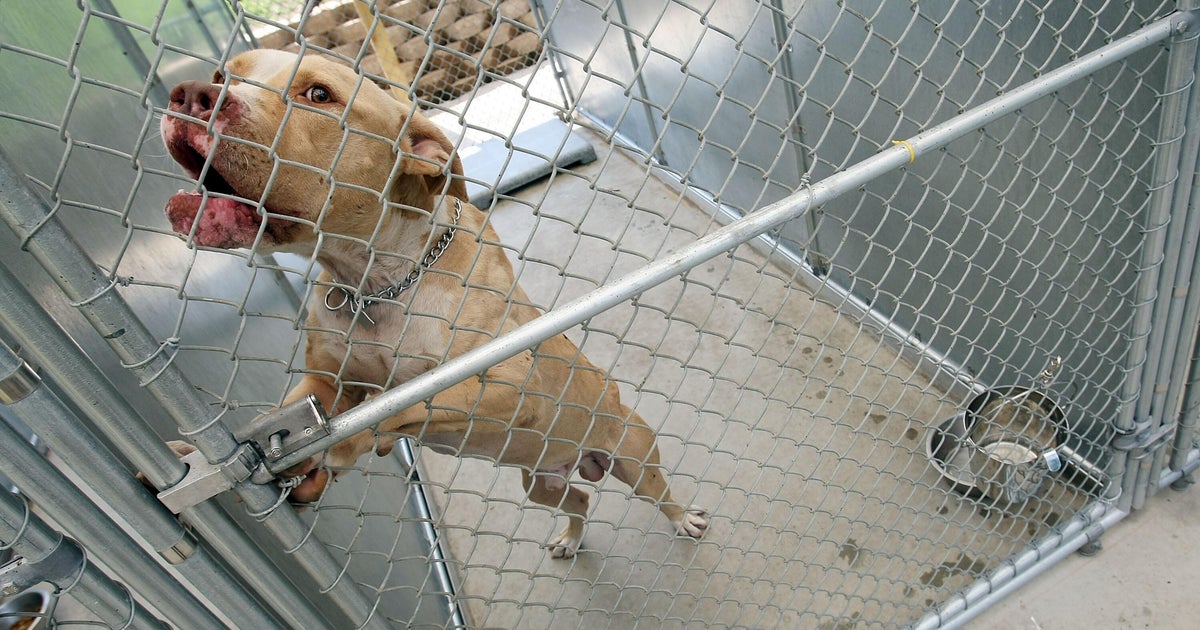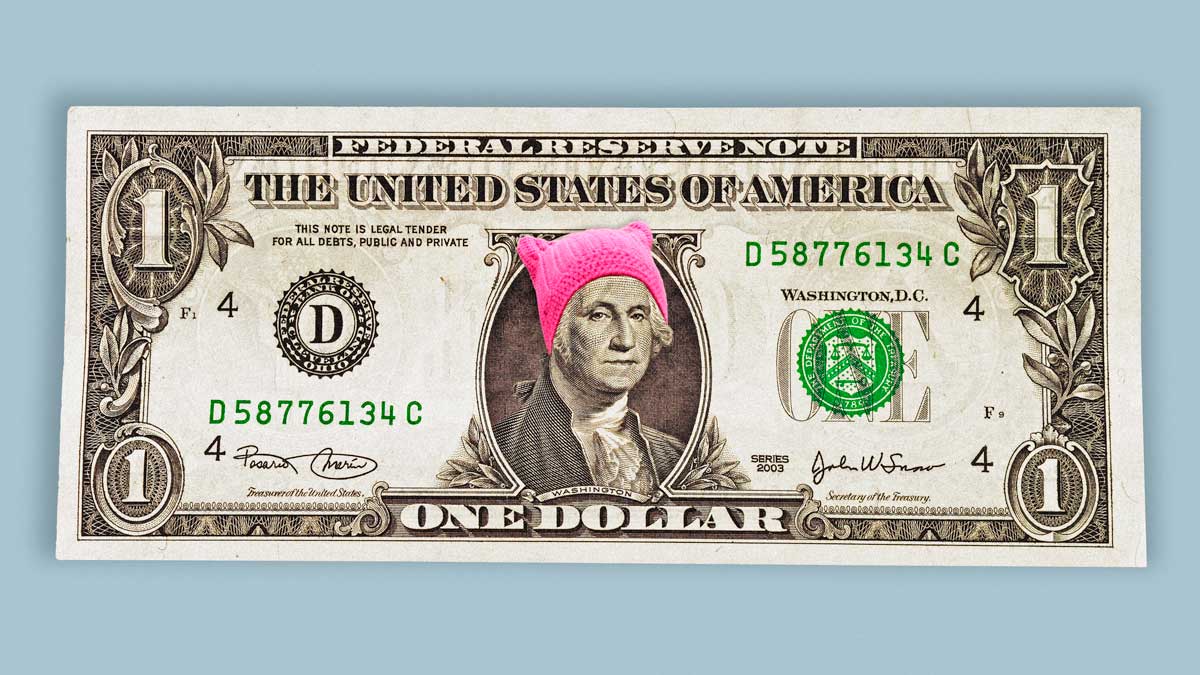Pet insurance: Cheapest, most expensive breeds to insure
A sick dog or cat in the family is never easy, but luckily there are ways to cut down the steep vet bills that follow. Pet insurance, a type of health insurance for dogs and cats, can help you save money on many veterinary expenses and may even cover them in full.
The costs of pet insurance cover a wide range. The lender you choose, type of pet, age and even breed are all factors. For example, because dogs are larger and usually require more medication and sedation than cats, pet insurance premiums are typically higher for dogs than cats. But costs vary widely depending on the breed of your cat or dog.
If you're in the market for pet insurance, learn more about your options by getting a free price quote today.
Cheapest and most expensive pet breeds to insure
Ready to insure your furry friend? Here are a few breeds on either end of the pet insurance cost spectrum, and what you can expect to pay for them:
Dog breeds with cheaper insurance
According to a LendEDU analysis of Spot Pet Insurance data for 114 dog and cat breeds, these are the three most affordable breeds with the lowest average overall premiums:
- English Springer Spaniel: $33.56 per month
- Miniature Yorkshire Terrier: $37.24 per month
- Goldendoodle: $39.62 per month
It's not surprising the first two breeds are the least expensive dog breeds to insure. The English Springer Spaniel and Miniature Yorkshire Terrier are small breeds known to live long, healthy lives.
Given their larger size, it's a bit surprising Goldendoodles have some of the cheapest pet insurance premiums. This cross between a Golden Retriever and a Poodle typically lives 12 to 15 years on average but may face some health issues, particularly elbow and hip dysplasia, eye problems and heart disease.
It's often thought hereditary health problems associated with dog breed are less likely to be inherited by mixed breeds, and their immune system is more well-rounded — which may be one reason why their insurance is cheaper.
Get a free pet insurance quote for your pet from Spot today.
Dog breeds with more expensive insurance
The most costly dog breeds to insure are those known to be susceptible to numerous health conditions. According to LendEDU's analysis, these three breeds carry the most expensive pet insurance premiums:
- Newfoundland: $100.79 per month
- Dogue De Bordeaux: $94.19 per month
- Jack Russell Terrier: $89.53
Newfoundlands and Dogue De Bordeaux are massive canines, weighing up to 150 and 140 pounds, respectively. Newfoundlands are known to be friendly with children, but sadly, the breed often deals with numerous hereditary health issues later in life. Hip dysplasia, heart valve narrowing and kidney stones are a few health issues these dogs may face.
Dogue De Bordeaux are large mastiffs who make outstanding guard dogs, but many battle tricuspid valve dysplasia, heart valve narrowing and lower eyelid droop.
The Jack Russell Terrier, on the other hand, is a small breed; many weigh around 13 to 17 pounds and have an average lifespan of 10 to 15 years. Even though Jack Russell Terriers live long, healthy lives, they may develop health issues associated with their breed, including deafness and patellar luxation, which may require surgery.
With the higher average monthly premiums for these dog breeds, it may make sense to purchase pet insurance early to offset care and treatment costs.
Get a customized price quote from Figo right now.
Cat breeds with cheaper insurance
Cats are generally less expensive to insure than dogs, and these breeds have the most affordable monthly premiums on average:
- Bombay: $25.73 per month
- Siberian: $28.30 per month
- Domestic Shorthair: $30.09 per month
According to ASPCA Pet Health Insurance, the top five cat insurance claims for Bombay cats include respiratory issues, unsettled stomachs, pneumonia, bronchitis and asthma. Siberian cats most often deal with is hypertrophic cardiomyopathy (HCM), the insurer reports. HCM can lead to heart failure, so it's wise to get a screening from your vet.
The Domestic Shorthair is the most common cat breed in the United States and among the cheapest to insure. These felines usually have no dietary restrictions, but they are sedentary creatures who can become obese.
Be aware that all cats may experience a wide array of ailments, from ear mites and skin disorders to kidney disease and cancer. Pet insurance may help you and your cat avoid some of these issues if your provider offers a wellness plan that helps cover veterinary exams and preventative care.
Cat breeds with more expensive insurance
As for the highest cat insurance costs, the most expensive breeds include:
- Abyssinian: $41.82 per month
- Persian: $41.32 per month
- Ragdoll: $37.98 per month
Besides being beautiful, family-friendly cats, Abyssinians have a ticked coat pattern like mountain lions and other wildcats. While these cats can live up to 15 years and beyond, they can inherit serious health issues like upper respiratory infections, inflammatory bowel disease and mycoplasma, a red blood cell disease.
Persians are known for their striking beauty, but the shape of their noses often constricts their breathing and can even lead to respiratory health issues. Persians are also known to develop eye issues, such as cherry eye, slippage of a cat's third eyelid, and entropion (when a cat's eyelids start growing inward towards the eye). Finally, Ragdoll cats are friendly felines which commonly deal with kidney disease, stomach issues and heart murmurs.
But diseases and illnesses aren't the only causes of cat insurance claims. Cats' curious natures often lead them to injury-causing accidents.
While we don't like to think about our furry loved ones suffering, preparing for the unknown with pet insurance can help you save on veterinary care if something does happen. Explore a wide range of pet insurance providers using the table below.
More pet insurance price factors
Pet insurance prices may vary by breed, with average monthly premiums ranging from roughly $30 to $100 for dogs and $25 to $42 for cats. But while these premiums are average for accident and illness coverage, you could pay less or more than these amounts, depending on the coverage options you choose.
For example, many pet insurance providers offer accident-only coverage with prices as low as $15 per month for dogs and $7 for cats. Depending on your insurer, you may be able to purchase a preventative care add-on for exams, vaccinations and other services. Additionally, you can adjust your annual benefit amount, deductible, and reimbursement percentage to dial in coverage that meets your needs and budget.
While most insurers only offer pet insurance for dogs and cats, some can help you save money on veterinary bills for other animals. Here are the average monthly premiums different animals, according to Nationwide.
- Bird: $15.75
- Exotic Pets: $9
- Reptiles: $8
If you can afford the monthly premium, purchasing pet insurance may make sense to protect your animals and help you save money on vet bills. Start by getting a free price quote now.




